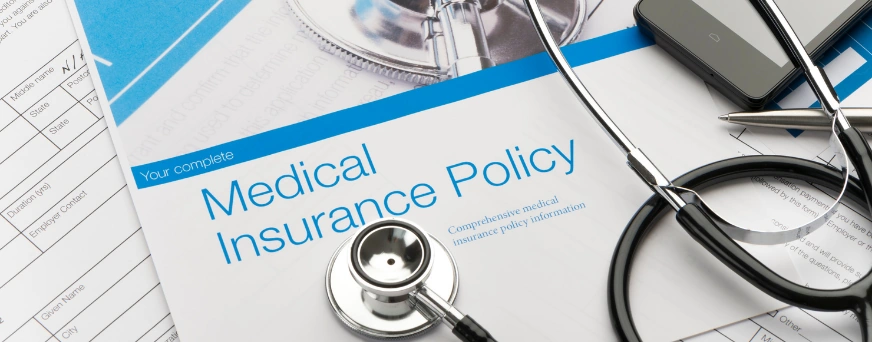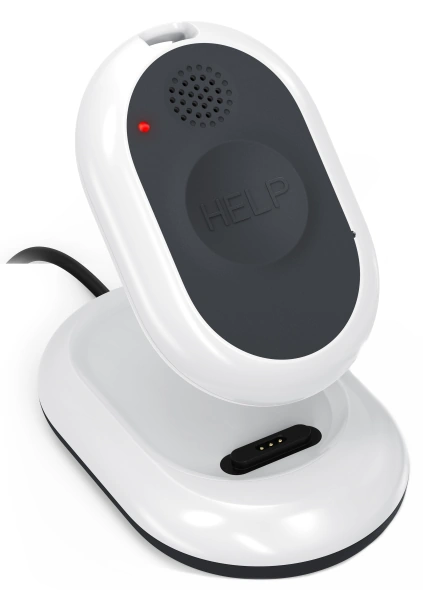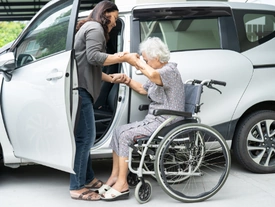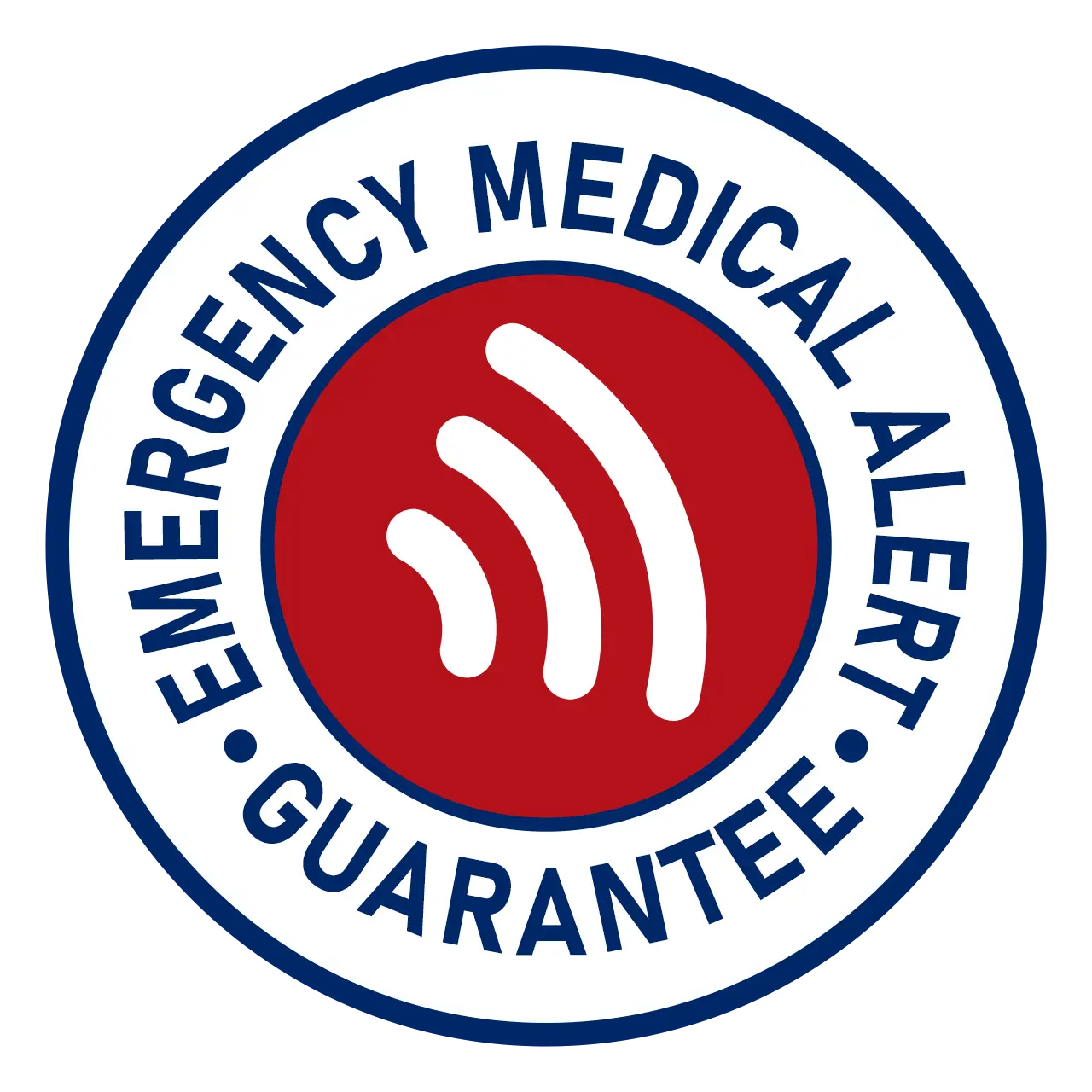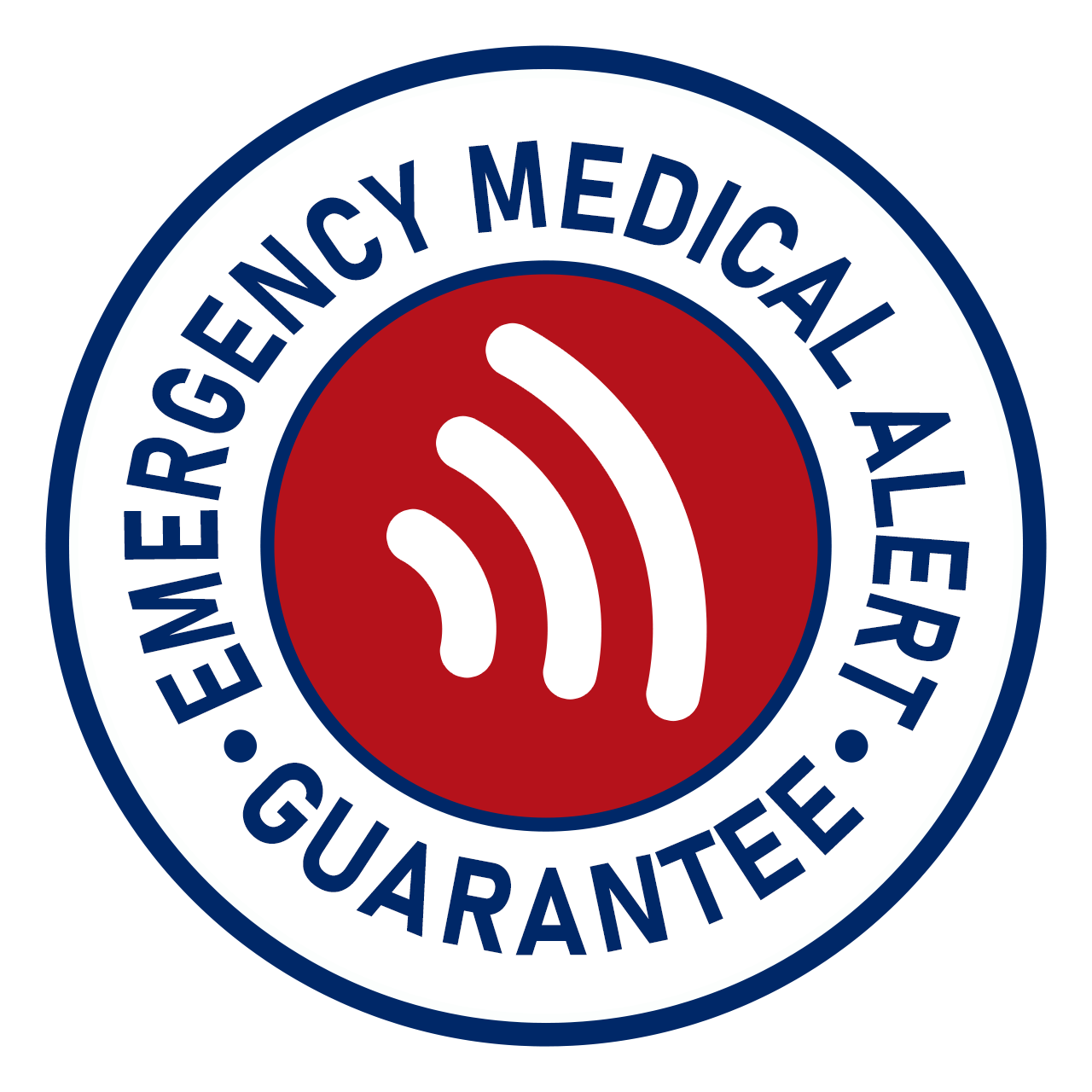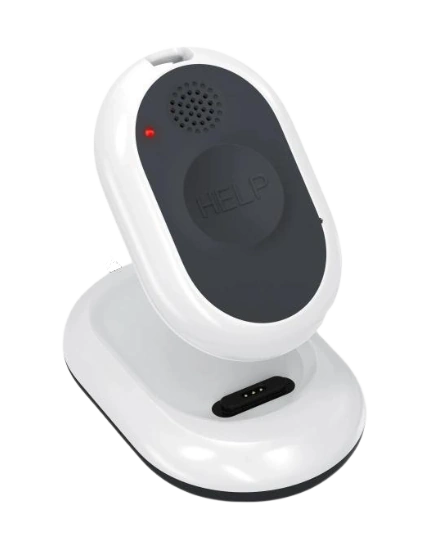Health Insurance for Seniors: Options Beyond Medicare
Key Takeaway
Seniors can consider private insurance, Medigap (supplemental plans), or Medicare Advantage to fill coverage gaps left by Original Medicare. Review costs, provider networks, prescription drug benefits, and additional perks. Early enrollment often leads to better choices and lower premiums.
The most recognized health insurance program amongst the aged individuals in the United States is Medicare. Even though it has a vast array of invaluable services, it may not cover all the healthcare demands of the seniors.
The coverage gaps, out-of-pocket costs, and limitations of certain services present the seniors with options. The positive thing is that it is not only Medicare.
The elderly can access the care they need through other programs and plans that are based on factors such as income, employment history, or military service. This knowledge of these alternatives ensures that seniors are safe, as their health needs vary with age.
Importance of Seniors’ Health Insurance

As individuals get older, health care gains prominence and, in many cases, costs more. Elderly people usually have higher amounts of doctor visits, prescriptions, and possible hospitalizations.
These expenses may become a burden in a very short time without good health insurance for seniors coverage, straining fixed incomes and retirement funds.
Health insurance means not only paying bills; it means obtaining access to preventive health care, continuing therapy, and emergency care without having to suffer the consequences of financial strain.
Its foundation is good, but Medicare is not all. As an example, long-term care, most dental and vision services, and certain prescriptions may be excluded by Medicare. Even when under cover, seniors have a lot of deductibles, copays, and coinsurances that may not be easy to manage.
Such gaps have the potential to cause missed treatments or delayed care without supplemental or alternative coverage, and this can negatively affect health outcomes.
Seniors have the confidence of having health insurance in addition to Medicare. Medicaid, veterans benefits, and retiree health plans are some good options that fill gaps and lower out-of-pocket bills.
More focused services can also be received in community-based clinics and with the help of private insurance. Through the pursuit of all the available opportunities, older adults will be able to build a more robust safety net that will save both physical and financial health.
Summing up, extensive health insurance makes sure that the elderly will be able to experience life instead of having to think about their medical bills.
Health Insurance Options for Seniors Apart From Medicare

Here are several health insurance options for seniors:
Medicaid: Coverage for Low-Income Seniors
Medicaid is a federal-state initiative aimed at ensuring that individuals who have low income and resources are covered by the health program.
In the case of the senior citizen, Medicaid can be used with Medicare to meet the expenses of premiums, deductibles, and services that are not available in Medicare. Income and asset limits differ in each state because the states have their own regulations on who is eligible to receive it.
In-home care services and nursing home care are also commonly covered by Medicaid, and in a few states, in-home care services as well. Medicare does not fully cover these services.
Medicaid can also cover the dental, vision, and prescription drug coverage of seniors who qualify. The application has general steps of showing evidence of income, assets, and residence to the Medicaid Office in the state.
Employer-Sponsored Retiree Health Plans
Other elders have the privy to retiree health insurance provided by previous employers or labor unions. These plans usually offer supplemental insurance that complements Medicare, and it will be used to cover costs such as co-payments, prescription medicine, and preventive care.
Retiree health plans that are sponsored by employers are diverse. Some cover dental and vision benefits, and those that cover hospital and medical primarily. The premiums can be reduced compared to those in private insurance since they are partly paid by the employer.
These plans should be reviewed by the seniors to know what is involved and whether they cover spouses or dependents.
Veterans Health Benefits Through the VA
The Department of Veterans Affairs (VA) can provide health benefits to seniors who served in the military. VA health care offers a large variety of services, such as primary care, hospitals, mental health, and specialty care. There are also long-term care services or home-based services that some veterans can qualify for.
To be eligible, it depends on factors like service history, disability status, and income. VA care can be used by many veterans together with Medicare, which provides more flexibility and results in less total cost.
VA centers are spread throughout the nation, and it is therefore easier to gain access for people who are close to large urban centers. Veterans should connect with their local VA office to determine what benefits they qualify for.
Private Health Insurance Plans for Seniors
The elderly people, particularly those who might not be on Medicaid/VA benefits, can still get private health insurance. Such plans would cover services that are not in Medicare, like dental services, vision services, or long-term care.
A few seniors buy private Medigap insurance as an addition to Medicare, and some may get full privatization when they are not yet Medicare-eligible.
Seniors might also need a solution that involves private insurance in the case of early retirement, and they require insurance even before the Medicare age. Premiums can be more expensive than others, however, so it is worth shopping and comparing plans.
Community Health Programs and Clinics for Seniors
In addition to formal insurance, community health centers and clinics provide several seniors with low-cost services. Services are sometimes offered at sliding fees according to income at Federally Qualified Health Centers (FQHCs) and local community clinics. Such centers can provide primary care, dental, vision, and even mental health services.
Wellness programs, screenings, and health education can also be offered in partnership with clinics by nonprofit organizations and senior centers.
Although these programs do not substitute for insurance, they may fill loopholes for seniors who are unable to afford personal insurance or require extra assistance. The value of community health resources is especially high among elderly people in rural or underserved communities.
Final Thoughts
Medicare is an excellent base, but it is not the only health insurance available to seniors. Other health insurance for seniors programs such as Medicaid, the VA, private insurance, and community clinics assist in closing in crucial gaps.
Exploring every possible resource, seniors are able to find full coverage and more peace of mind in their old age.

